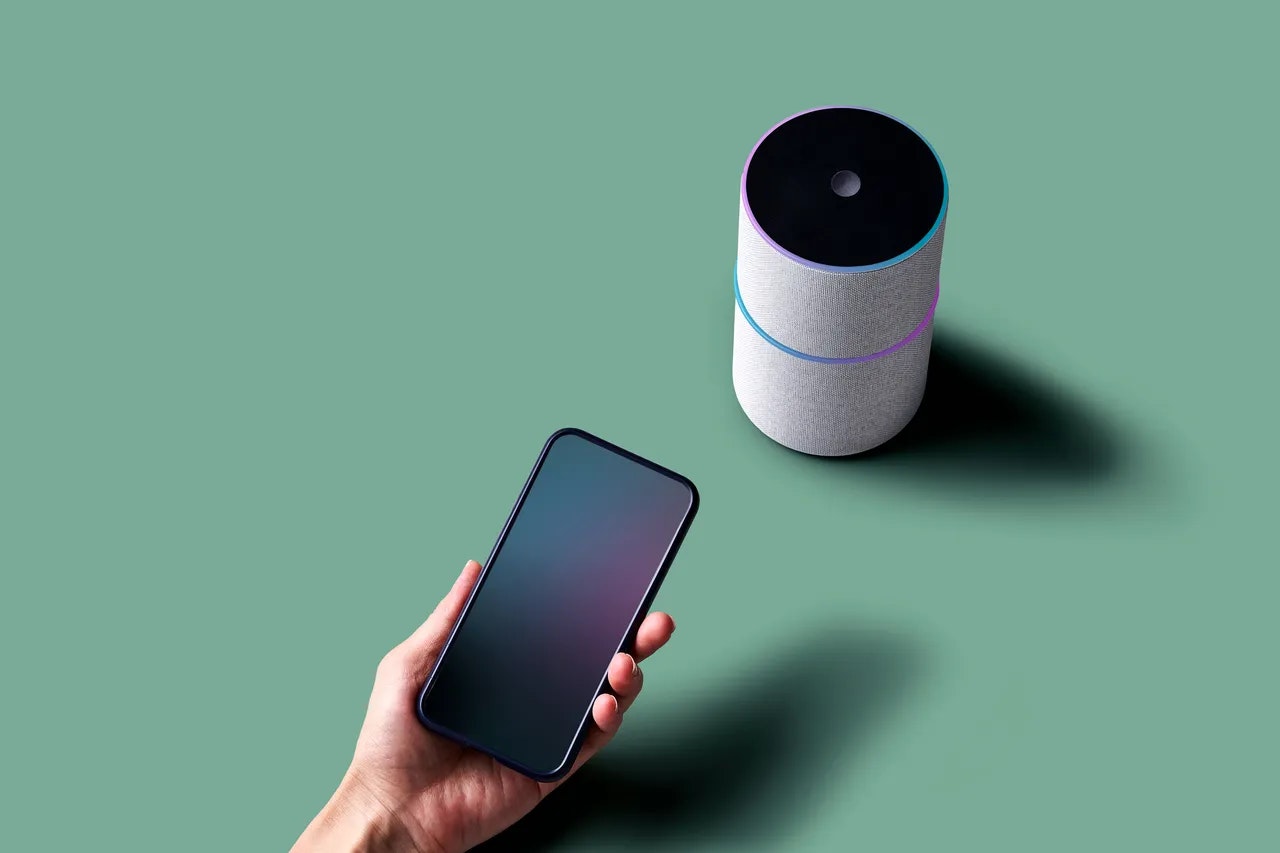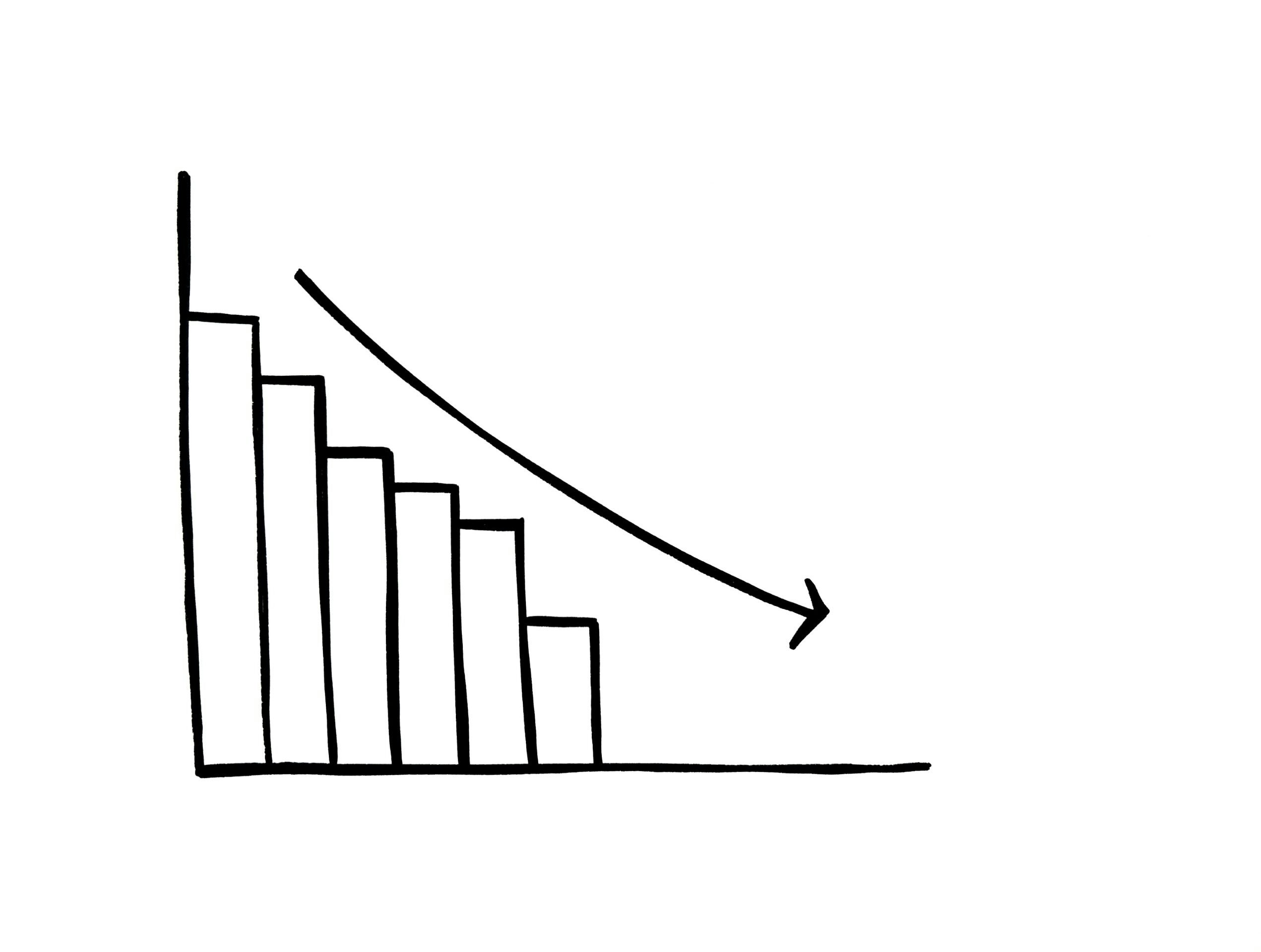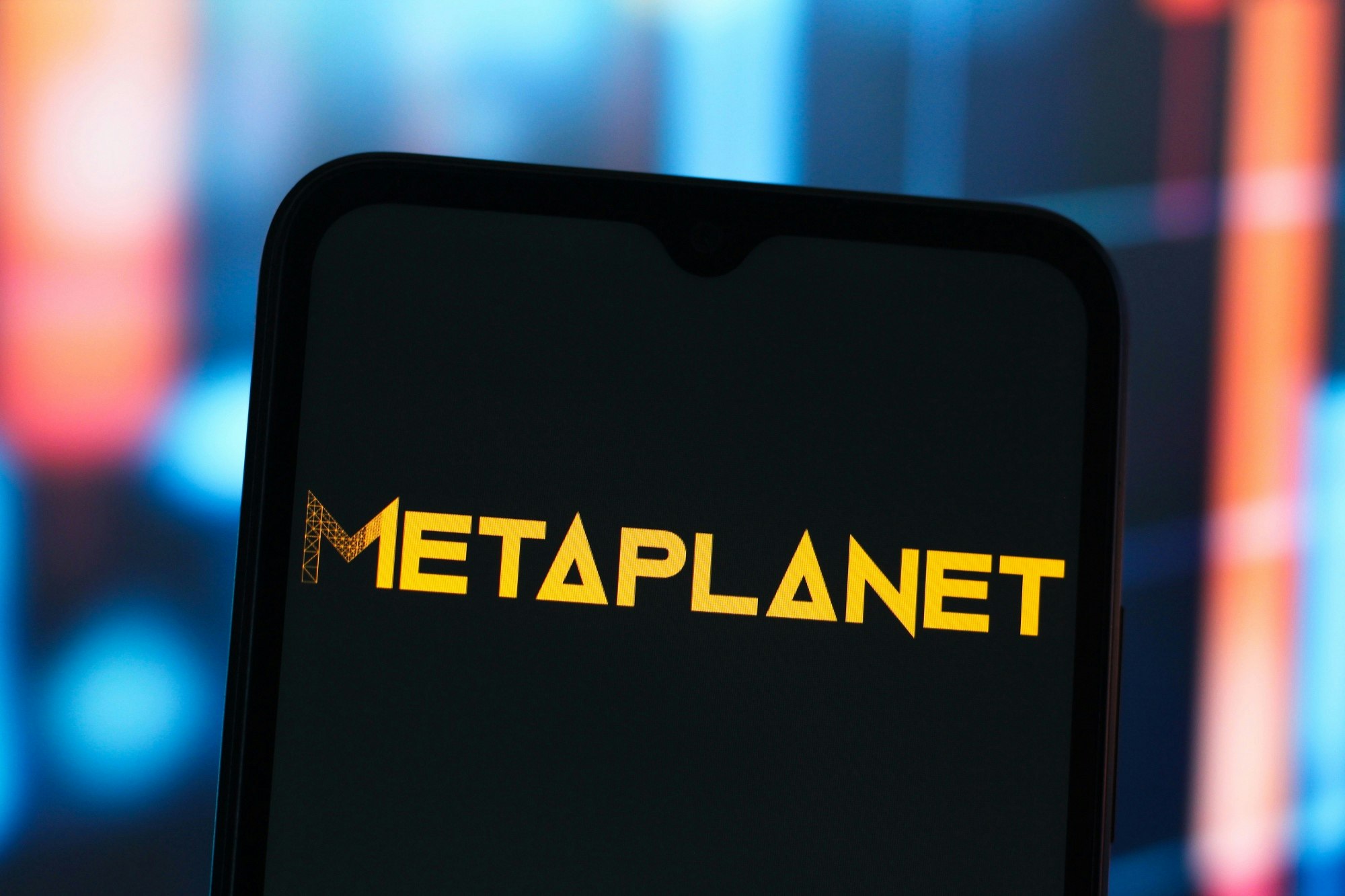Summer 2023. Amazon CEO Andy Jassy sits in front of a prototype of Alexa, equipped with a new artificial intelligence. His goal: to determine whether Amazon's voice assistant can withstand the questions of a die-hard sports fan like him and finally keep up with the hype around ChatGPT. Jassy, a fan of the New York Giants and investor in the Seattle Kraken, puts Alexa to the test, questioning it about game scores, team histories, and individual player performances. However, when Alexa simply invents a game in response to a question about a current result, it becomes clear: this version is far from market-ready.
The developers have presented an impressive prototype, and Jassy is thrilled – for now. The vision of making Alexa the ultimate personal assistant remains. However, the plan to launch the product on a large scale in early 2024 is faltering. Internal documents reveal that the planned unveiling event in October was canceled, and instead, a more modest Kindle event was held. Alexa is being pushed back further, with the goal now shifted to 2025.
Ein ungenutzter Vorsprung
Amazon's Alexa once created the category of voice-controlled smart home devices. In millions of households, it was more than just a gadget; it became a daily helper, kitchen timer, and music curator. Yet despite this widespread use, financial success remained elusive. Alexa is more of a household assistant than a profitable business for many. Amazon's hope now lies in a radical reinvention: an Alexa that rivals ChatGPT and similar products, boosts revenue, and perhaps even becomes a subscription product.
Sure, here's the translation of the heading:
"But the leap into the future is rocky.
Bürokratie und Technikprobleme: Die Schattenseiten des Erfolgs
Alexa is struggling not only with technical challenges. Some employees speak of bloated bureaucracy and lengthy meetings, which Jassy recently criticized in an internal memo as "pre-meetings for the pre-meetings to the decision meetings." Despite his efforts to streamline decision-making processes, the pace remains sluggish. While there are numerous success stories in Amazon's history where it managed to outmaneuver competitors, without a clear vision for an AI-driven Alexa, the question remains whether the company will act quickly enough this time.
The Technological Turn Came in November 2022 When ChatGPT Entered the Scene and Redefined Expectations for AI-Supported Conversations. While Google Sounded the Alarm and Upgraded Its Development Department, Amazon Initially Reacted with Euphoria. But Shortly After, Cost-Cutting Measures Began: Thousands of Employees Were Laid Off, Including Many from the Unprofitable Devices and Alexa Department. The Remaining Developers Were Now Expected to Achieve What Had Not Been Possible Before - with Significantly Fewer Resources.
Alexa im Jahr 2023: Smarter, aber auch verwirrender
The technological advancement is undeniable, but how Amazon integrates its AI into Alexa remains problematic. Testers report that the improved Alexa falters on many tasks. Instead of providing clear answers, it becomes cumbersome or simply answers questions incorrectly. For example, it might respond to a simple weather query with an exact but useless "81.0583°". For the beta testers who have extensively tested this feature, the results are disheartening. Rather than shining with intuitive responses, Alexa often irritates with hallucinations – responses that are "creative" but have little to do with reality.
One of the challenges lies in balancing generative AI and traditional functionality. The LLM technology allows for a significantly wider range of requests, from complex explanations to casual small talk. Yet at the same time, Alexa struggles with standard tasks like setting a timer or retrieving a simple weather report. Some testers even think that Alexa sometimes tries to show off with her new abilities – for example, by giving an overly lengthy answer to a harmless question.
Der Showdown: Wird Alexa die Konkurrenz überflügeln?
Amazon's plan to position Alexa as the "next-generation AI assistant" requires patience—and significant investment. However, internal pressure is growing. Amazon customers are accustomed to the convenience that Echo devices offer. But if Alexa is truly expected to respond like a large language model by 2025, it might already be too late. The competition isn't idle, and consumer trust might already lie with another provider.
Amazon itself remains optimistic. However, without a true "moment of truth" in which Alexa redefines itself as an indispensable assistant, it risks falling behind the market leaders—this time without the chance to quickly turn things around.







